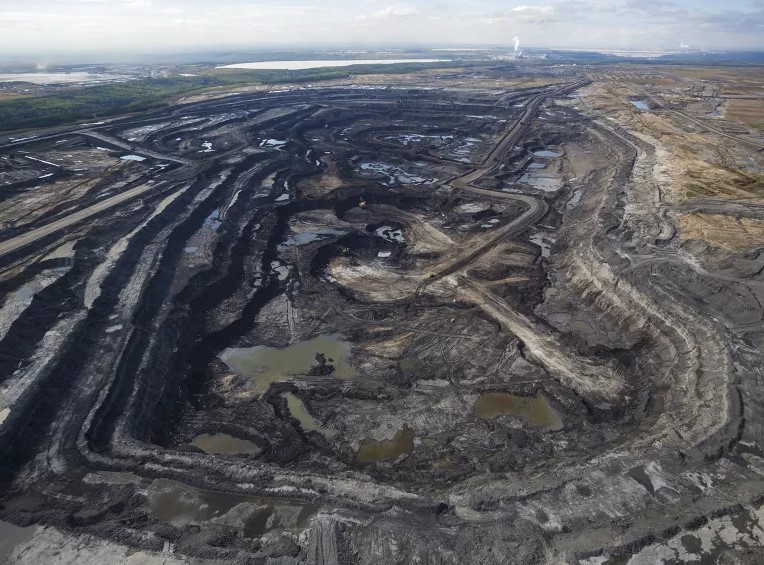Fatih Birol, the executive director of the International Energy Agency (IEA), forecasts that global demand for fossil fuels—oil, gas, and coal—will peak before 2030. Despite this significant milestone, Birol warns that this progress is insufficient to meet the international goal of limiting global warming to 1.5 degrees Celsius above pre-industrial levels.
Birol’s insights, shared in an op-ed for the Financial Times, suggest that while discussions about the peak of oil and coal have been ongoing, these fuels are reaching new consumption highs.
However, the IEA’s upcoming World Energy Outlook report, set for release in October, is expected to reveal a pivotal shift in energy demand. This shift is attributed to the rise of clean energy technologies such as solar panels and electric vehicles, alongside current governmental policies.

The IEA, established in 1974 in response to the 1973 oil crisis, now encompasses clean energy and global energy transitions within its charter. Birol’s analysis indicates that, based on current policy settings alone, peak demand for oil, gas, and coal is imminent this decade—sooner than many anticipated.
China, a major coal consumer, is transitioning to renewable and nuclear energy, coupled with a slower economy, which is likely to reduce its coal use. Additionally, the increase in electric vehicle adoption is expected to drive oil demand to its peak before 2030.
Birol notes that the “Golden Age of Gas” is ending due to the expansion of renewable energy, the rise of heat pumps, and Europe’s accelerated move away from Russian gas following the Ukraine invasion. However, the decline in fossil fuel use will be more pronounced in advanced economies, while emerging markets will see rising demand for fossil fuels, partially offsetting global climate benefits.
Extreme weather events, such as heatwaves and droughts, may also cause temporary spikes in fossil fuel demand. Despite nearing peak fossil fuel usage, the current pace of decline is inadequate to meet the 1.5°C target, necessitating more robust and rapid policy actions.

